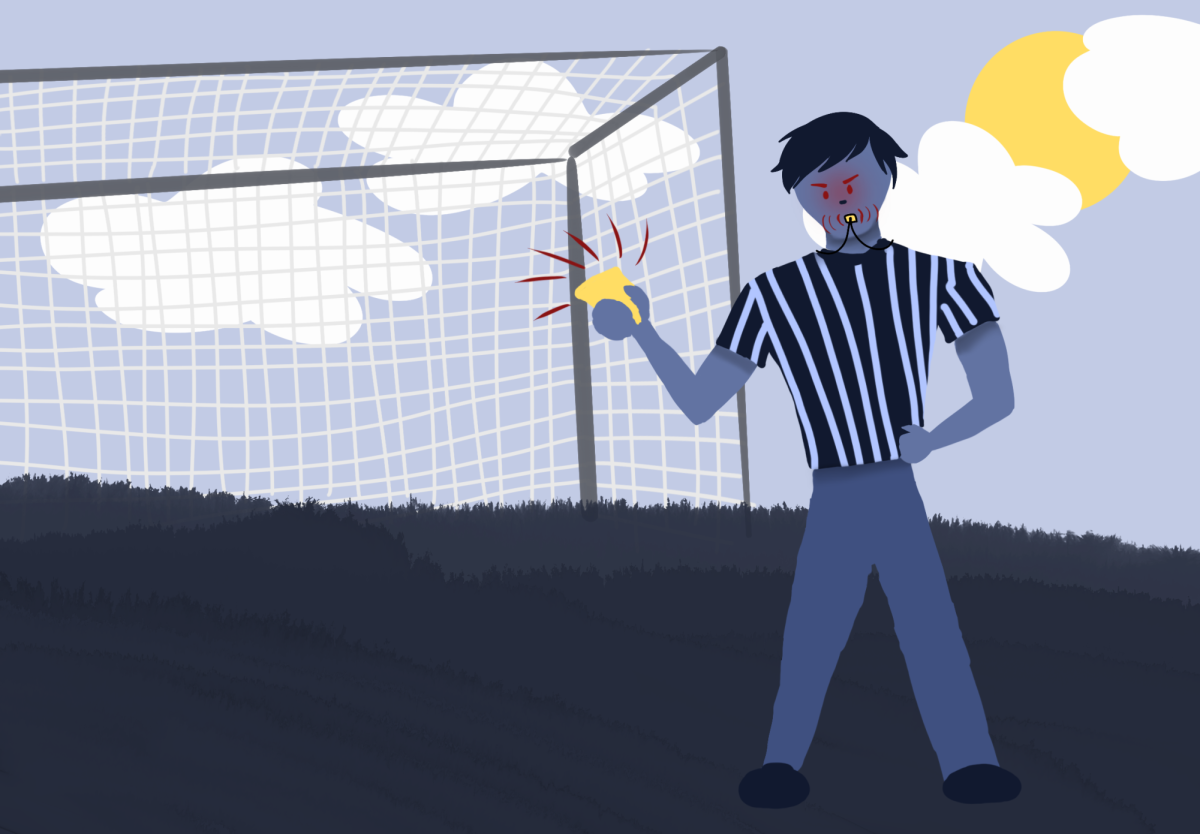How to deal with senioritis
December 9, 2015
Have you been experiencing laziness lately in school? Well then I am here to give you a diagnosis. Senioritis is most probably what you have and I am here to tell you exactly what it is and how to combat it. Well, here is the perfect definition: senioritis: (N) A common, crippling disease that strikes high school seniors. Symptoms include laziness, an over-excessive wearing of comfortable clothes (track pants, old athletic shirts, sweatpants, athletic shorts, and sweatshirts), repeated absences, and a generally dismissive attitude. The only known cure is a phenomenon known as “Graduation.” This vicious contagious disease has affected us all, and has even infected some of the Juniors. This is because they are often overwhelmed by the idea of having to decide their future in very little time.
I have always been a diligent, responsible student. To put things in perspective, I think it’s safe to say that I was never late to any of my classes during my freshmen, sophomore, and junior years. Literally, I’d ask people every five seconds what time it was, wake up two hours before I had to leave my house or dart to class with speeds I never knew my legs could run. Needless to say I got more than a few peculiar facial expressions along the hallways. As for turning an assignment late….. trust me, that would never happen. Things have changed however, as I approach the end of my 1st semester senior year, I have all of a sudden acquired habits….that are altogether unfamiliar.
To begin with, my alarm has never seemed so useless. It’s almost as though my brain has become immune to the agonizing ring. Second, I have now discovered charm, also known as “brown-nosing.” This year, I have used every possible excuse as to why I am unable to hand an assignment in on time. Examples range from “I got home really late last night from a game” to “I was celebrating my cat’s birthday last night.” Funny, I don’t even have a cat. Well, you get the point. I began catching myself laughing at my own excuses. Last, and the most dreadful of all symptoms of this disease, was a decrease in the motivation to learn. I became indifferent to every topic that involved school. That, my friends, is the lowest stage you can go in this malady.
I soon realized I would have to start making some changes if I wanted to be able to graduate and attend college.
Step One: Coming to Terms with Your Condition
For young adults it’s hard to accept that it’s a problem. However, one advantage you have is that everyone around you will be more than happy to tell you all the things that you are doing wrong in your life. It’s almost as though it brings them pleasure. Make sure that you listen to those who love you and those who truly want the best for you. They will know how to guide you.
Step Two: Play Detective
No, not literally, but make sure you put a eye on what you’re doing on a day-to-day basis. Analyze what makes you the least motivated during the day. It may be be a specific class or even a teacher. That way, once you have detected what the main source of this disease is, you are then able to start treatment.
Step Three: Treat it
The easiest way to keep motivated, is by having a balance in everything you do. Going to the extremes will only lead to quick failure. For example, in the classes that you struggle or dislike, try to make them funny by joking with the teacher or suggest new projects that would make the class more interesting. Lazy to go to practice after school? Don’t think of it as a job or as a school requirement, but rather as something that you only get to do one last time with your class mates. Last but not least, enjoy every second of your last high school year. Motivate your self and your friends with the simple idea that you won’t get to live this ever again.


































































Shreya • Dec 9, 2015 at 6:28 pm
Hello! Thank you so much for helping with this otherwise crippling disease. I have noted the 3 steps on my bulletin board. Thankyouthankyou.